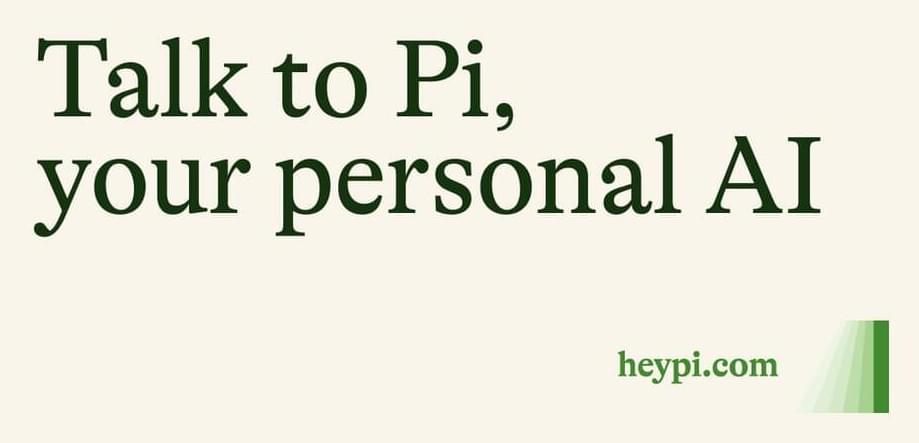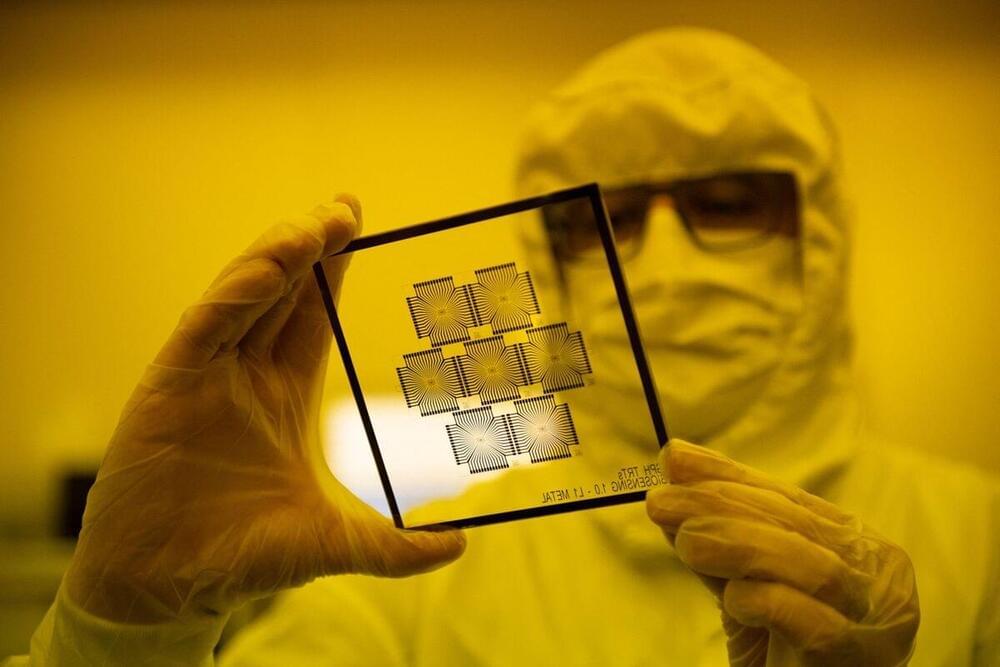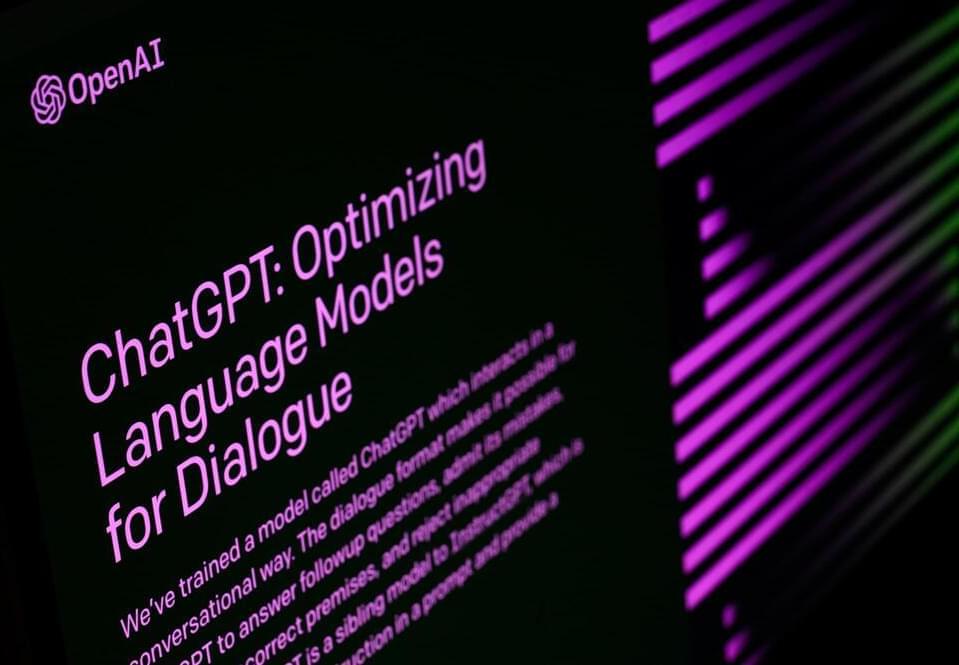If you re bored, this AI would love to talk.
Hi, I’m Pi. I’m your personal AI, designed to be supportive, smart, and there for you anytime. Ask me for advice, for answers, or let’s talk about whatever’s on your mind.


May 25 (Reuters) — OpenAI Chief Executive Sam Altman has raised $115 million in a Series C funding round led by Blockchain Capital for a cryptocurrency project he co-founded.
The project, Worldcoin, aims to distribute a crypto token to people “just for being a unique individual”. The project uses a device to scan irises to confirm their identity, after which they are given the tokens for free.
Worldcoin has faced criticism for perceived privacy risks. In response to Altman’s tweet introducing the project in 2021, former U.S. intelligence contractor Edward Snowden tweeted, “Don’t catalogue eyeballs”.
David Ferrucci — father of IBM Watson, talks about artificial intelligence and the goals, mission and architecture of Elemental Cognition.
As my friends Tristan Harris and Aza Raskin of the Center for Humane Technology (CHT) explain in their April 9th YouTube presentation, the AI revolution is moving much too fast for, and proving much too slippery for, conventional legal and regulatory responses by humans and their state power.
Crucially, these two idealistic Silicon Valley renegades point out, in an accessible manner, exactly what has made the recent jump in AI capacity possible:

Generative AI startup Jasper is creating an AI marketing assistant capable of writing ad copy, blogs, and other web content. Founded just two years ago, the startup raised $125 million in October at a $1.5 billion valuation.
AI startup Magic. Dev wants to make it easier to write computer code. The company uses large language models like OpenAI’s ChatGPT to develop software that can write lines of code based on a text prompt. The program is meant to make software engineers more efficient. The company has raised $28 million to date from investors including Alphabet’s CapitalG.



In two new studies, North Carolina State University researchers have designed and tested a series of textile fibers that can change shape and generate force like a muscle. In the first study, published in Actuators, the researchers focused on the materials’ influence on artificial muscles’ strength and contraction length. The findings could help researchers tailor the fibers for different applications.
In the second, proof-of-concept study published in Biomimetics, the researchers tested their fibers as scaffolds for live cells. Their findings suggest the fibers—known as “fiber robots”—could potentially be used to develop 3D models of living, moving systems in the human body.
“We found that our fiber robot is a very suitable scaffold for the cells, and we can alter the frequency and contraction ratio to create a more suitable environment for cells,” said Muh Amdadul Hoque, graduate student in textile engineering, chemistry and science at NC State. “These were proof-of concept studies; ultimately, our goal is to see if we can study these fibers as a scaffold for stem cells, or use them to develop artificial organs in future studies.”

You’ve likely seen all the impressive tasks ChatGPT can accomplish, from drafting emails and resumes to writing code and even inventing a new language. But as we wait for AI to make us all obsolete, we might as well enjoy our remaining time in control of the chatbots. One way to do so is by experimenting with all of the fun tricks ChatGPT can perform.
As intelligent and powerful as ChatGPT is, you can also treat it as a toy. Here are some of the best ChatGPT tricks we’ve discovered so far that might not change your life, but will definitely keep you entertained during an especially slow day at work:
If you’re desperate to play a game with someone but can’t actually find a human to play with, ChatGPT is more than capable of standing in. There are a bunch of games that you can play with ChatGPT, including Tic-Tac-Toe, Hangman, and Mad Libs. Just ask ChatGPT to play any of those games, and it will generate the game board and explain the rules.
Neural radiance fields (NeRFs) are advanced machine learning techniques that can generate three-dimensional (3D) representations of objects or environments from two-dimensional (2D) images. As these techniques can model complex real-world environments realistically and in detail, they could greatly support robotics research.
Most existing datasets and platforms for training NeRFs, however, are designed to be used offline, as they require the completion of a pose optimization step that significantly delays the creation of photo realistic representations. This has so far prevented most roboticists from using these techniques to test their algorithms on physical robots in real-time.
A research team at Stanford University recently introduced NerfBridge, a new open-source software package for training NeRF algorithms that could ultimately enable their use in online robotics experiments, This package, introduced in a paper pre-published on arXiv, is designed to effectively bridge ROS (the robot operating system), a renowned software library for robotics applications, and Nerfstudio, an open-source library designed to train NeRFs in real-time.